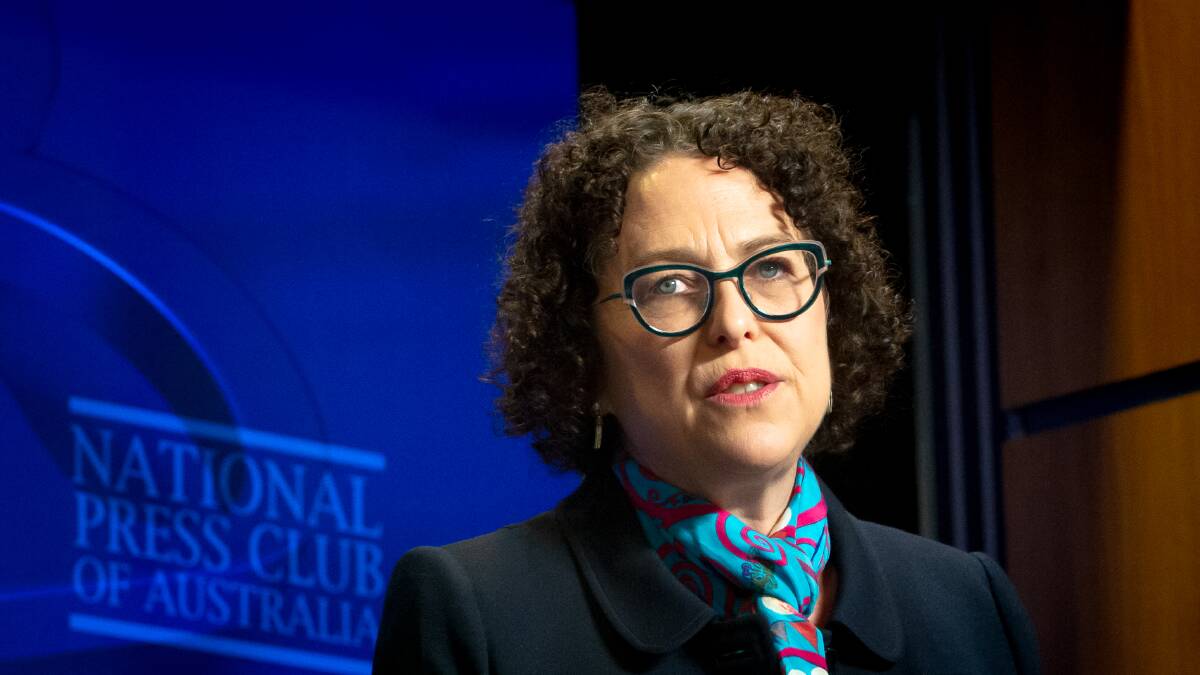
Academics have been victims of vicious online abuse after voicing expert opinions on controversial subjects from COVID to climate change to China.
Subscribe now for unlimited access.
$0/
(min cost $0)
or signup to continue reading
One was so distressed by a torrent of abuse that she gave up as the director of the Australian National University's centre for Chinese studies.
Another - one of the country's most prominent experts on COVID - said he had been accused of "causing tens of thousands of deaths".
His colleague received death threats.
A third - an expert on climate change - said she was told that she "didn't deserve to have children".
A fourth said he avoided Twitter before bed because it prevented him sleeping easily.
The ANU now runs courses for academics in how to engage with the public but also protect themselves from bile. Researchers are caught in a double bind: universities expect them to have a big social media presence but, in controversial subjects, that leads to mental anguish.
Professor Peter Collignon of the ANU and Canberra Hospital, and one of the country's most prominent COVID experts, said he "gets it from all sides".
"It is distressing," he said. People accuse him of bankrupting their businesses, but what gets to him more is when the online criticism becomes personal.
He shields himself from the worst but it gets to his family. "My children follow me on Twitter. They are much more upset by the bad comments which I don't see."
The most severe case of abuse was of Professor Jane Golley who was director of the ANU's Australian Centre on China in the World until she gave a talk condemning Chinese human rights abuses but also questioning some allegations against China.
One troll told her they knew where she lived. "Bitch" was one of the mildest things she was called.
"Twitter went absolutely nuts on me and I received hate mail from all over the globe. I've had threats to my freedom and to my being."
She decided to come off Twitter but continues to engage with the public in more rational debate: "I'm a truth seeker, trying to understand a highly complex country in a rapidly evolving context."
She believes that the viciousness of abuse has led to self-censorship, so freedom of expression on campus is restricted because academics with unpopular opinions fear the vitriol.
Dr Sarah Perkins-Kirkpatrick who studies climate change at the University of New South Wales in Canberra has decided to stay on social media despite the abuse. "I refuse to leave Twitter just because of the trolls," she said.
Professor Quentin Grafton studies the economics of water use among other broader topics. He Tweets about social distancing and masks, and is abused in turn. He hasn't had death or property threats but gets worn down by abuse. "We are all humans and you get emotionally drained," the economist said.
He felt it was important to communicate and impart useful information based on science, and many people appreciated that, but a few anonymous people reacted badly. He tries to mitigate the hurt by, for example, keeping away from Twitter before trying to sleep.
Professor Inger Mewburn of the ANU (@thesiswhisperer on Twitter) who teaches how to use social media deliberately keeps her gender off - there's no picture - because women get the worst abuse.
She advises colleagues to block abusers. "The more oxygen, the worse they get," she said. "It's when they get your phone number and your email that it gets bad."
Online abuse is worrying the Australian Academy of Science. "It is unacceptable that scientists have been subject to this abhorrent behaviour, its president, Professor John Shine, said.
He was reacting to a survey conducted by the Australian Science Media Centre which indicated that about one in five scientists surveyed said they had received threats of violence, including of death, after speaking about COVID.
Professor Shine called the results "shocking"
"All scientists should be free to go about their work, share their expertise and promote their research without fear of intimidation or violence from individuals, groups or governments," he said.


